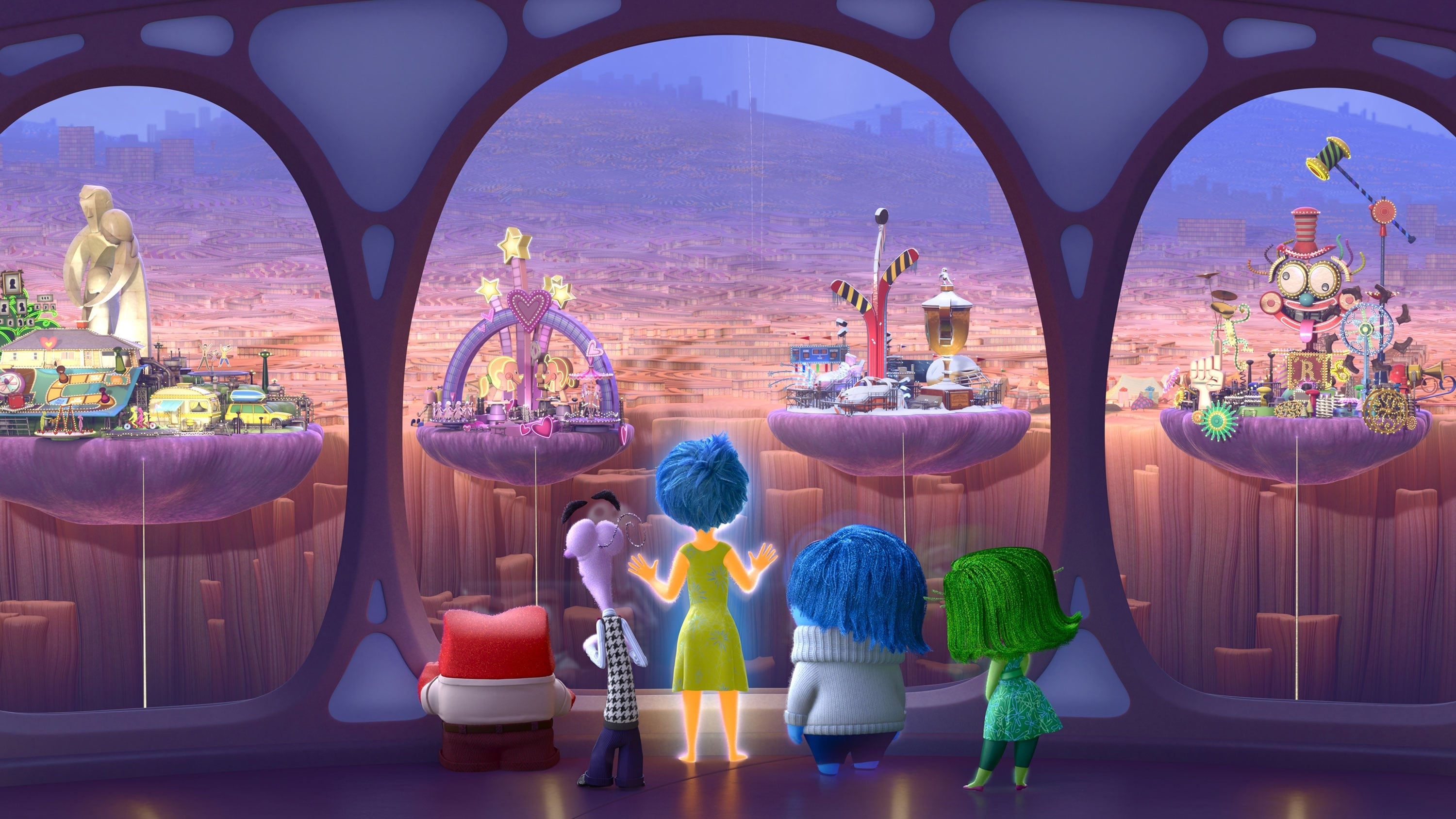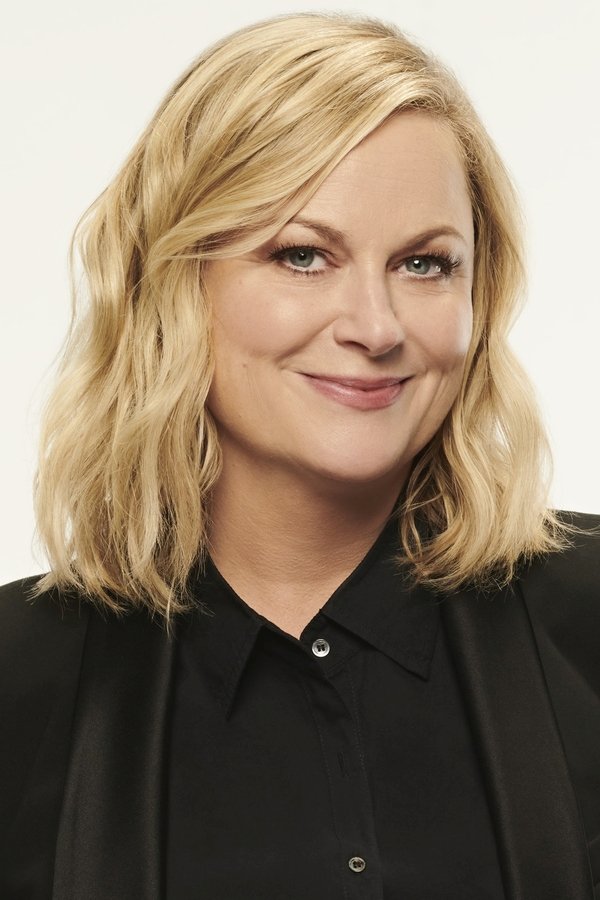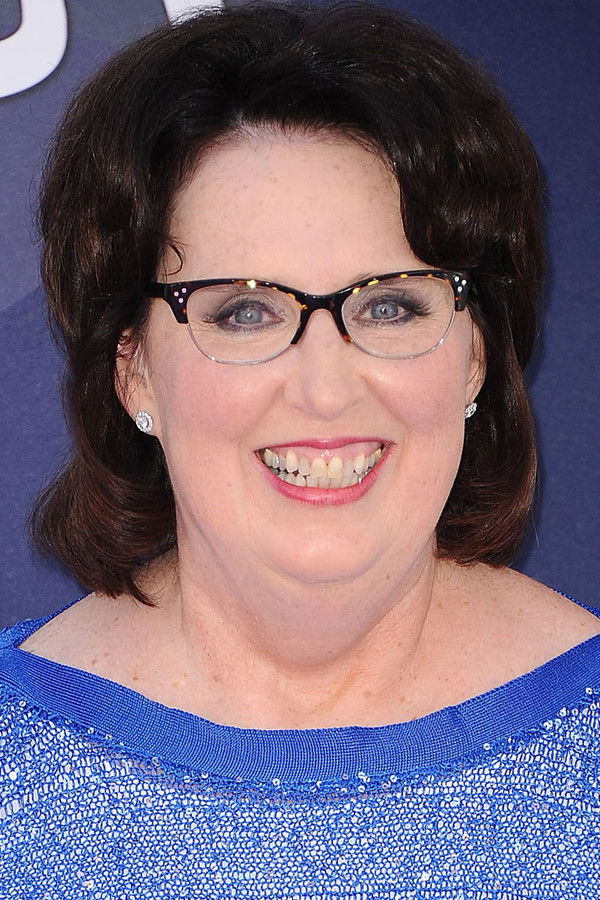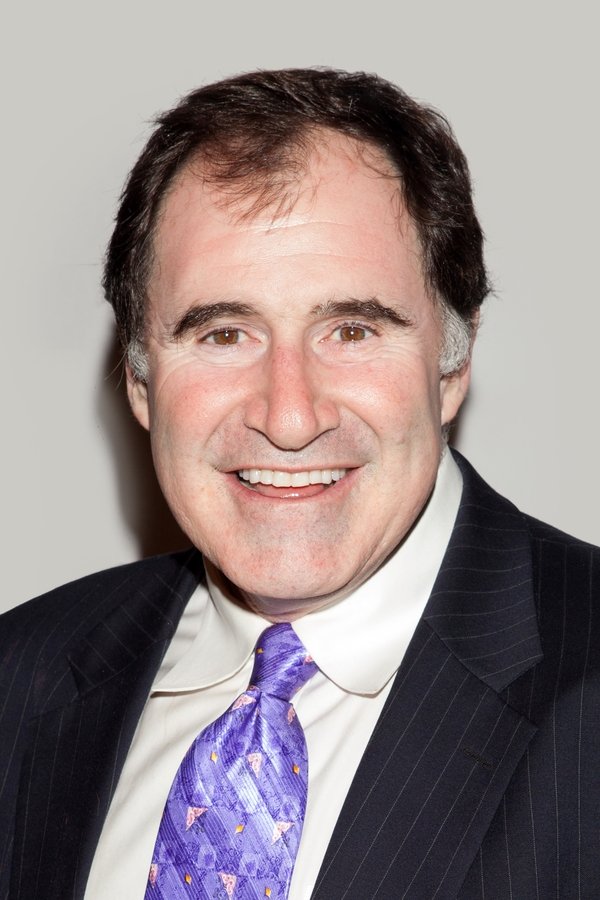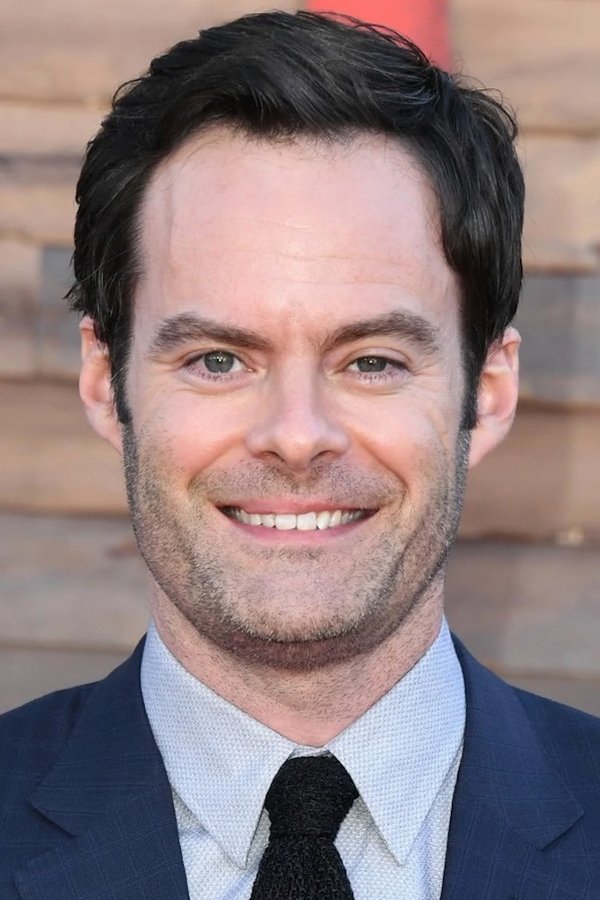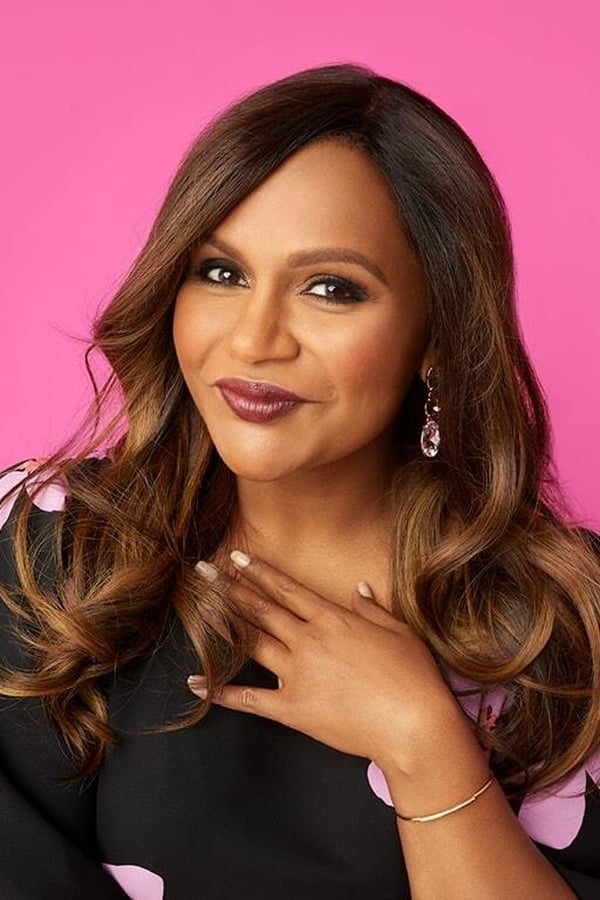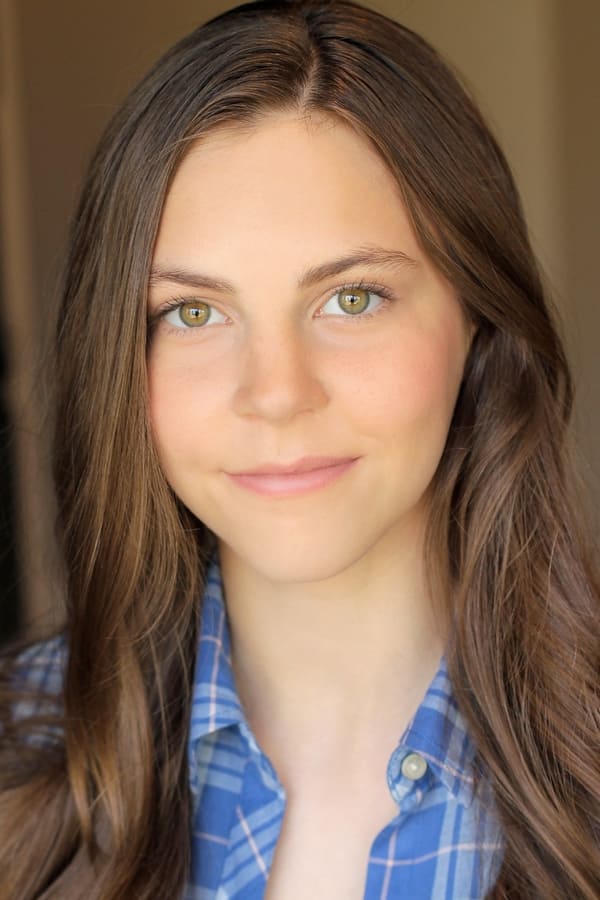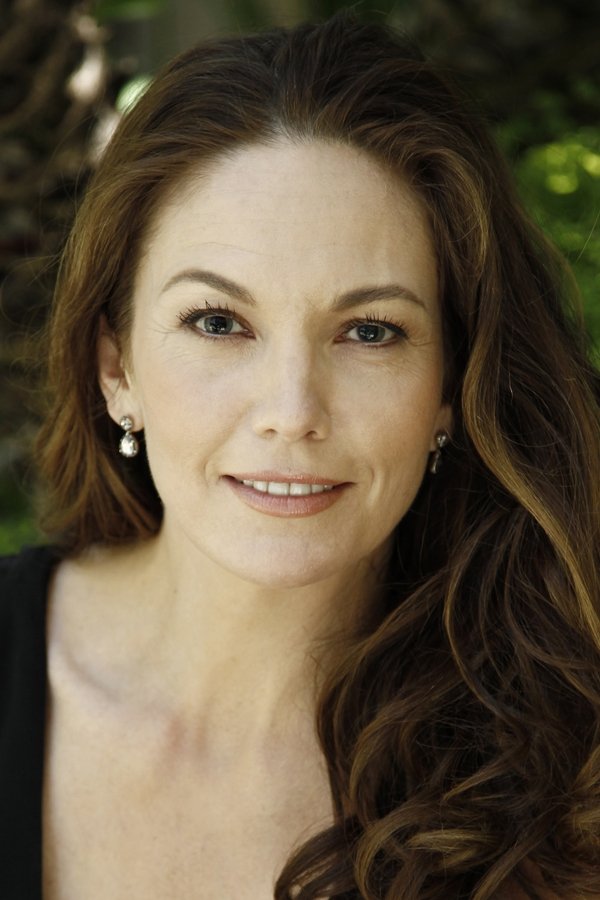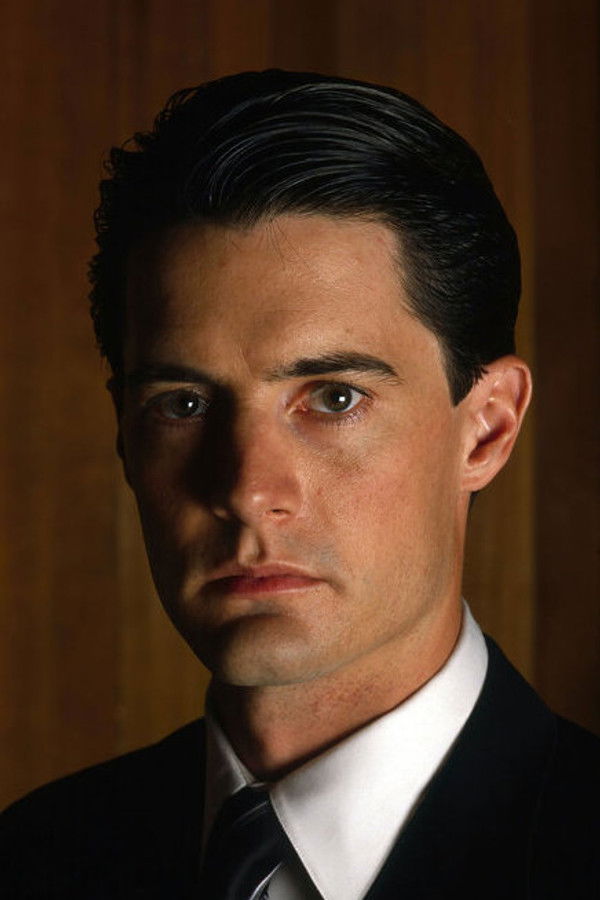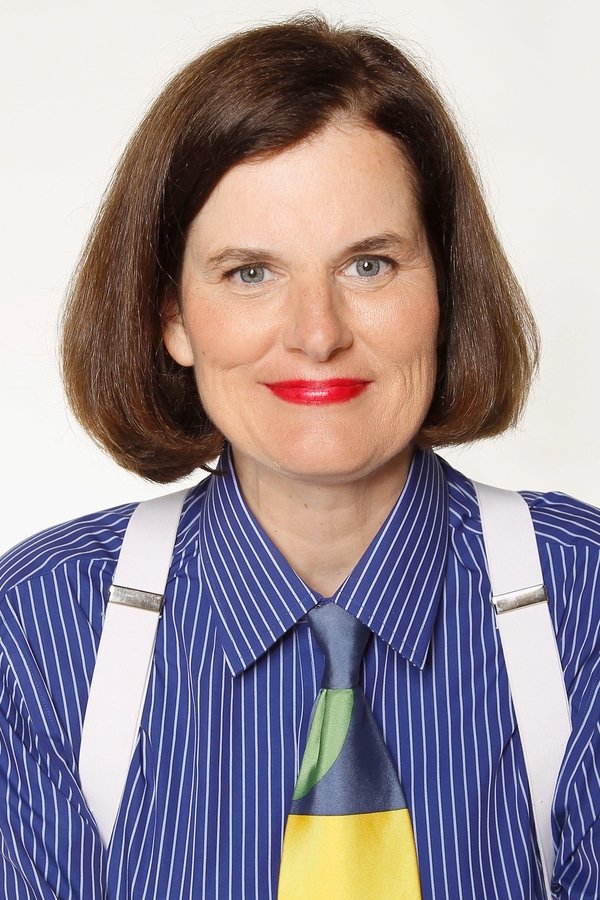Pixar has been a household name for decades thanks to their timeless animated films that offer a genuine and wholesome family experience and oftentimes a universal message that any living, breathing human being can relate to and Turning Red is no exception - or at least I didn't think it was. I expected Turning Red to receive the praise most Pixar films are accustomed to at this point, if not more, as I genuinely think this is one of the best Pixar offerings in the last decade, which you can read our review of here. It's uniquely stylized with lovable characters and is utterly hilarious, but apparently, since its release, some have decided that they no longer want to be considered living, breathing humans as some of the arguments I've seen could not possibly have been thought of and believed by an actual person, suggesting that the film "promotes rebellion", or stating it "glorifies finding yourself" as if that's a bad thing, and the most egregious of which... 'it's not relatable'.
Take Youtuber Sean Chandlers' video review for example, in which he claims Turning Red is a "specific, targeted film" and states it's very "alienating". I for one cannot see a valid angle in an argument like this when just moments prior to this claim, he raves about how Pixar has always had "deep, rich, human emotions", yet is somehow unable to find them in this film. Chandler does go on to make a couple of respectable points, but when it comes to this specific talking point and the term 'alienating', I'm sorry, but that argument holds no water. There is also this tweet that features a collection of truly baffling reviews that I almost cannot believe are real. We as critics, and people in general for that matter, are surely better than this, right? We should be able to read into subtext but even as blatant as it is here, people are still getting confused. I was genuinely taken aback to see people actively claim that a movie about a 13-year-old going through hormonal changes is 'unrelatable'. Fish, toys, robots, bugs, cars, rats, are all totally relatable but a human Asian girl experiencing the first symptoms of pubescence and the early stages of adulthood? No, that is simply too far out for them. They just can't suspend their disbelief to that extent. And for an experience as universal as puberty, something every human being has gone through, to be labeled as "unrelatable" is just too baseless for me to comprehend.
To be abundantly clear, I have no issue if people have legitimate complaints about the film - it is a very high-energy, over-the-top film and for some that could be a bit much, I totally understand and respect personal taste. But what I can't get behind is people making up arbitrary reasons to spread hate about a film based on something that just isn't there. And saying Turning Red is 'unrelatable' is doing exactly that. I'm curious as to how many of these people have actually lost their children at sea only to find them in an entirely different continent on the other side of the planet, or had to journey through an unfamiliar city to recruit a group of circus performers to assist in defending their village against an army of violent oppressors? You do not have to relate one to one with every aspect of a narrative in order for it to be relatable, it's a foundation of cinema to present humanity in places we aren't familiar with and I really thought we were long past these types of thoughtless criticisms but, apparently not.
